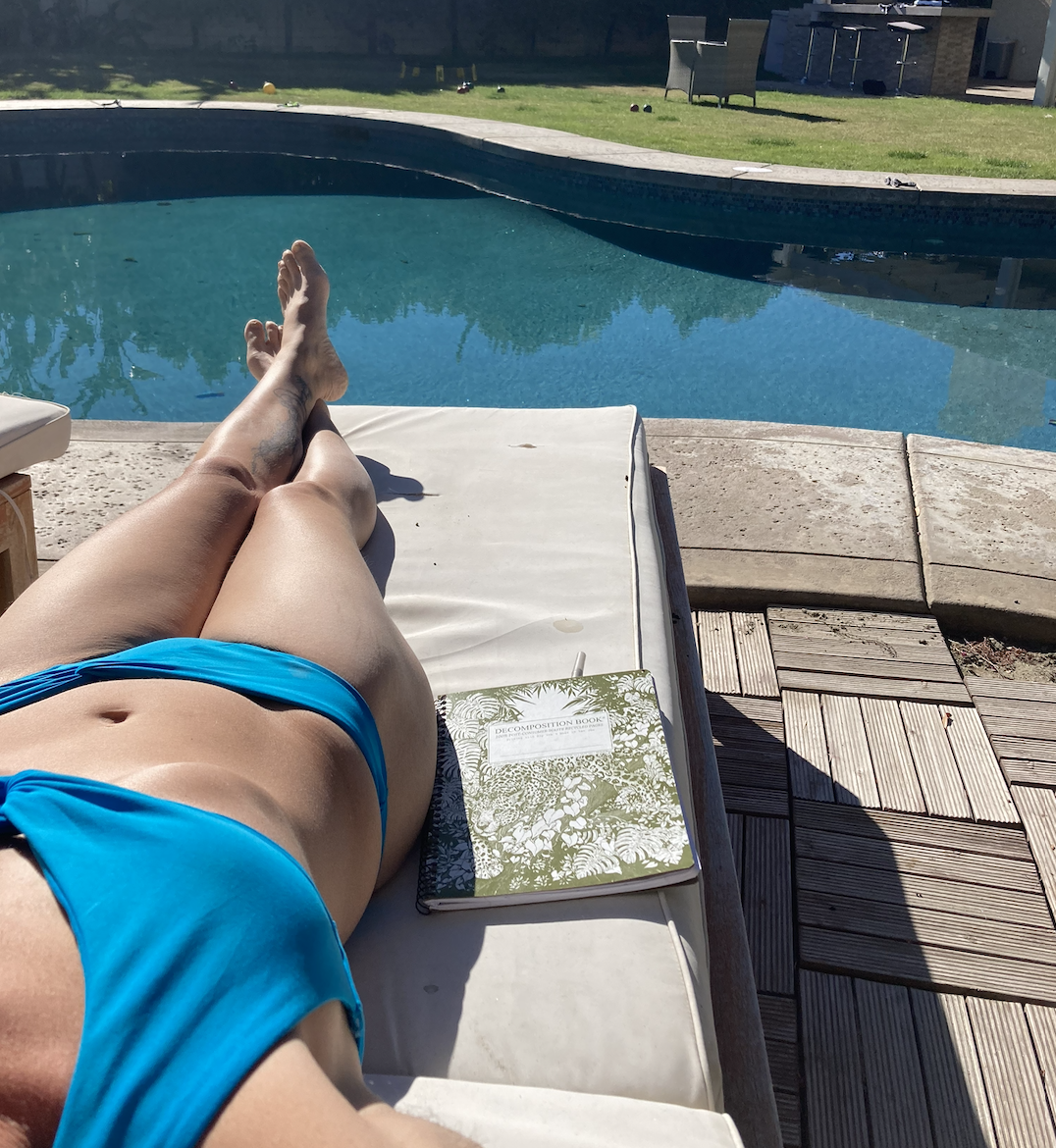
Waterwise ~ Staying Cool: Why "Just Drinking Water" Isn't Enough for Summer Health
Dehydration can be sneaky
Maybe you notice you’re a little more irritable, you may or may not notice a dry mouth.
By the time you notice you're thirsty, you're already dehydrated.
We are over 70% water, it makes sense to be proactive about keeping ourselves well hydrated for optimal function and clarity!
The Hydration Formula That Actually Works
Here's the simple math I teach: drink half your body weight in ounces of clean, filtered water daily. For a 150-pound person, that's 75 ounces—about 9 cups spread throughout the day. Set a timer if you need the reminder!
Critical timing note: Space it out! Chugging a gallon at once isn't just useless—it's dangerous. The dose makes the poison. When severely dehydrated, sip slowly or consider urgent care for IV fluids.
We are mostly water, and we're electrical beings. What conducts electricity best? Salty water. This is why replenishing both water and electrolytes—through quality salts, minerals, organic vegetables, and fruits—is vital for restoring and maintaining the balance.

The Complete Guide to Healthy Skin in Summer: From Sun-Smart Prevention to Natural Healing
"Discover how to safely enjoy the sun's benefits while protecting your skin health. Learn smart sun exposure strategies, natural sunscreen alternatives, and effective burn healing with aloe vera."
We co-evolved with sunshine. Anthropologically, it's obvious the sun shaped us—from the hair protecting our scalp to the pronounced ridge shielding our eyes. We've thrived with sun exposure for millennia without slathering on chemicals, and our skin health has historically benefited from this natural relationship. Yet somewhere along the way, we've developed a complicated relationship with our nearest star that often prioritizes fear over skin health optimization.
The Sun Exposure Dilemma: Separating Fear from Facts
Sun damage is real and best avoided through smart prevention that supports long-term skin health. While dermatologists recommend sunscreen everywhere (some even suggest it indoors in winter!), I believe sunscreen has its time and place—with caveats about ingredients and the false security it can create that can actually compromise healthy skin.
Here's the key insight: just because you're not showing a red burn doesn't mean you're not getting harmful wavelengths that don't visibly burn but still damage your skin. Think of sunburn as an early warning system—it's better to heed it than push through and risk compromising your skin health.
The statistics reveal a troubling paradox. Back in the 60s, heavy press started about sunscreen and skin cancer risks. Since then, with the introduction of sunscreens and SPF 70, there hasn't been a decrease in skin cancer deaths. Research shows that the more serious skin cancers (melanoma) are more commonly found on skin that's less likely to be sun-exposed, and in climates with less annual sun exposure.
